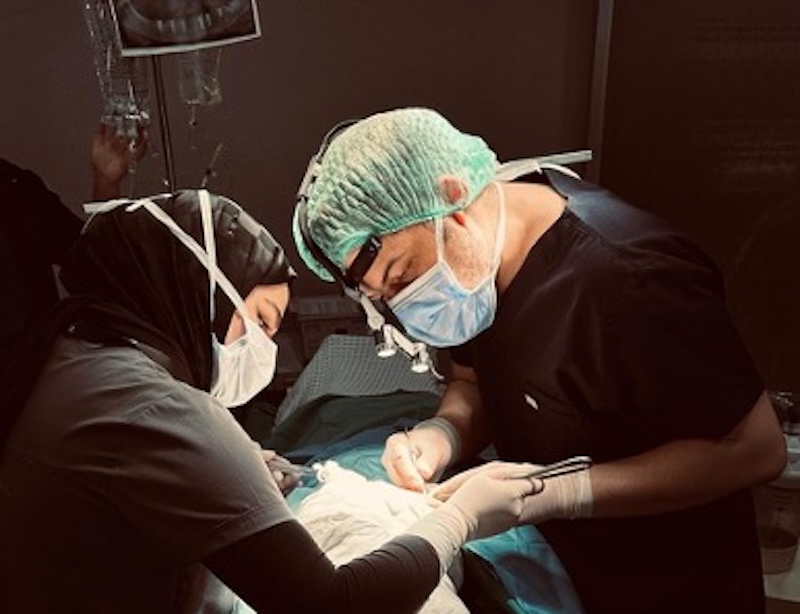Branded Content by Cosmic Press
Image source: Pixabay
Unintentional injuries are more common than you might think. According to the National Safety Council, over 40 million people seek medical attention for unintentional injuries in a year.
These incidents can happen anywhere. At home, at work, or while you are out and about. Knowing what steps to take immediately after getting injured can make a world of difference in your recovery and legal protection.
This guide provides practical advice on the basics of handling the aftermath of an accident so keep reading to learn how being prepared can help you handle unexpected situations confidently and efficiently.
Seeking Immediate Medical Attention
The first thing you should do after getting injured is seek medical attention. Start with basic first aid if the injury is minor, and assess whether further treatment is needed.
In severe cases, call 911 immediately. If you are unable to make the call yourself, someone nearby can do it for you. If you do not call 911 ensure you check into an ER preferably on the same day or last 72 hours after the incident in which you suffer injuries.
Waiting could worsen your physical condition and complicate any potential legal actions later on, as the defendant can use your delay to argue your injuries were not as severe or were not as a result of the accident in question. .
Following Reporting Protocol
After you have received medical attention, follow the proper protocol for reporting the incident. Every situation has specific procedures to handle injuries and ensure that incidents are documented and addressed correctly.
For example, if your injury occurred at work, there might be state or federal protocols requiring you to file an official report within a certain time frame. If you cannot report the injury due to its severity, ask someone else to do it on your behalf.
Proper reporting helps in immediate response and plays a vital role in future claims or investigations. This step ensures that all necessary parties are informed and can act accordingly.
Documenting Your Injury
Proper documentation is essential after an injury. Start by gathering evidence, such as photos of the injury and the accident scene. Capture details like lighting conditions and any hazards present.
If there were witnesses, get their contact information and ask for written statements. Keep all medical records, including doctor’s notes, prescriptions, and bills. These documents will be crucial if you need to file an insurance claim or pursue legal action.
Store all evidence safely by backing up digital files in multiple locations and keeping physical documents in a secure place. Documentation ensures that you have a clear record of what happened, which can protect your rights later on.
Slowing Down to Recover
After doing what you need to in the immediate aftermath of the incident, you need to now focus on healing. Avoid vigorous activities that could aggravate your injury. Give your body the time it needs to mend properly.
Physical recovery is essential because rushing back into strenuous activities can delay healing or cause further damage. Follow medical advice and engage in gentle exercises or physical therapy if recommended.
Legal ramifications also arise if you worsen your condition by not adhering to medical advice. This negligence can affect any legal claims related to the injury.
Getting Legal Help
Sometimes, getting legal help becomes necessary after an injury. While most cases may not require a lawyer, there are exceptions, for example, in cases involving severe injuries to ensure you receive proper compensation.
Other scenarios include injuries due to negligence or unsafe conditions on-premises and disputes with insurance companies over coverage or claims. In such situations, consulting with a personal injury lawyer from a reputable firm such as Bradley Law can be an excellent idea. Professional legal support ensures your rights are protected and increases the chances of a fair outcome.
Final Words
Taking the right steps after an injury is crucial for your recovery and well-being. Acting quickly, following campus protocols, documenting everything, allowing yourself to heal properly, and knowing when to seek legal help can make a big difference.
Remember that staying informed and prepared helps you handle unexpected incidents with confidence. Take care of yourself first; everything else will follow more smoothly. Be proactive about your health and rights – doing so empowers you to manage any challenges after an accident.
Branded content furnished by our promotional partners. The Daily Sundial editorial staff is not involved in its production. Content does not reflect the views or opinions of the editorial staff.








